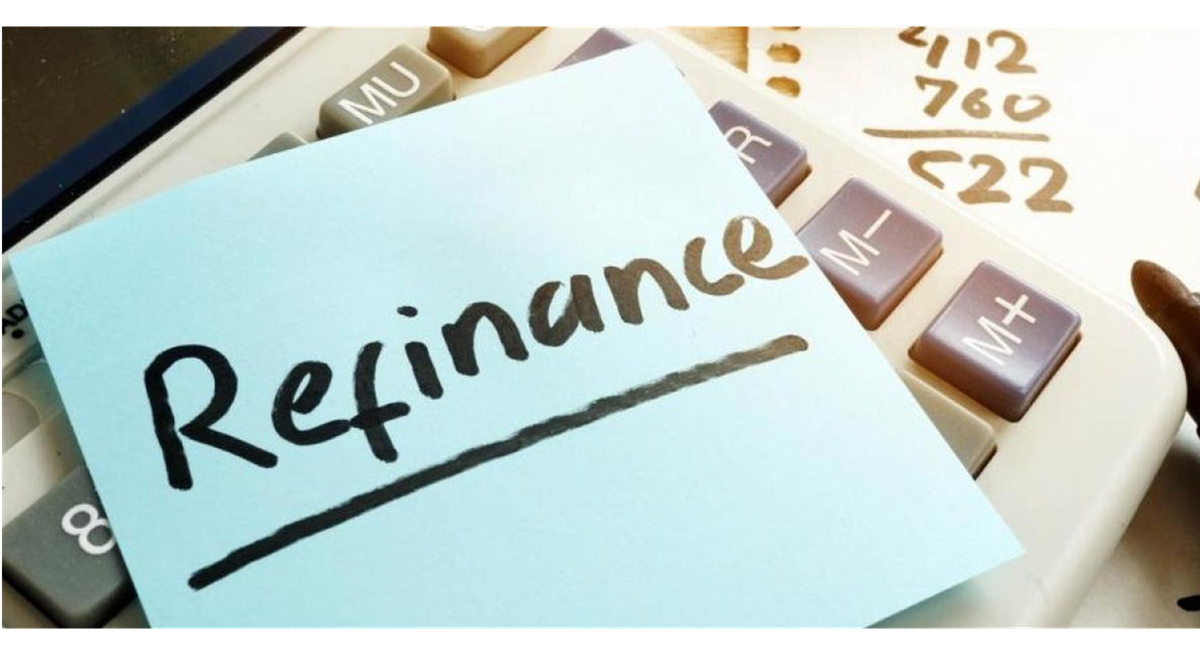If you’re interested in applying for a home loan, there are two main ways to go about it: with a bank or an online service. Banks offer the option of personalizing your loan to suit your needs and preferences, while online services such as LendingTree have fewer restrictions and often offer better rates. However, not all home loans are available through a bank – and lenders who don’t lend to people with low credit scores typically have less stringent requirements. The following are some tips on getting the best home loans:
- FIND OUT WHETHER YOU QUALIFY FOR A HOME LOAN
It’s important to note that banks are interested in lending money to people who are most likely to pay the loans back, so they don’t lend money indiscriminately. However, many factors determine whether someone is a good candidate for a home loan, so simply meeting the typical income requirements may not be enough. Before you start loan applications, it’s essential to determine whether you’re eligible by running your credit score and reviewing your credit report.
- GET YOUR CREDIT SCORE
Although many people don’t know it, the kinds of loans you’re likely to be denied are based on a combination of factors, including your credit score. Most banks check your credit report and score when reviewing a loan application, so if yours isn’t up to par, it may not qualify for a traditional loan.

- TAKE ADVANTAGE OF ACCOUNTS THAT CAN BOOST YOUR CREDIT SCORE
There are several different credit scores, each designed to evaluate you in a certain way. For instance, a FICO score only looks at the amount of money you owe and the amount of time it took you to pay off those debts, while a VantageScore only looks at how much debt you have compared to your income.
- PAY OFF YOUR DEBTS
The most effective way to guarantee that your credit score will be high is to pay off all of your debts, showing the lender that you can handle credit responsibly. The more time you spend repaying debt, the more favorable it will affect your credit score.
- CHECK FOR ALTERNATIVE LENDERS
If a bank isn’t willing to lend to you, it’s possible that you may be interested in another type of lender called an unlicensed lender. The government does not regulate these lenders. They don’t have to report their activities, which can make them attractive because they don’t charge any origination fee or interest rate markup.
- CONSIDER AN FHA LOAN
Although a bank typically offers an FHA loan, you can apply directly with the bank if you want to. But sometimes, it can be a good idea to look at other options available to you, so consider an upfront quote from LendingTree’s listing of top home loans.














